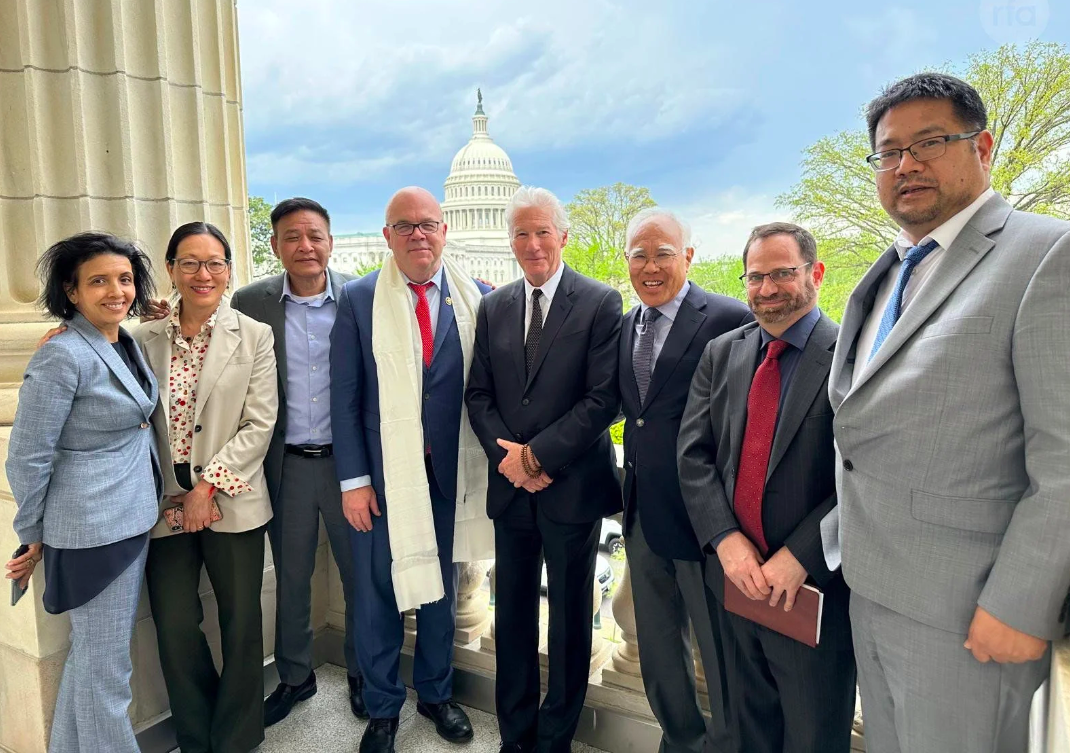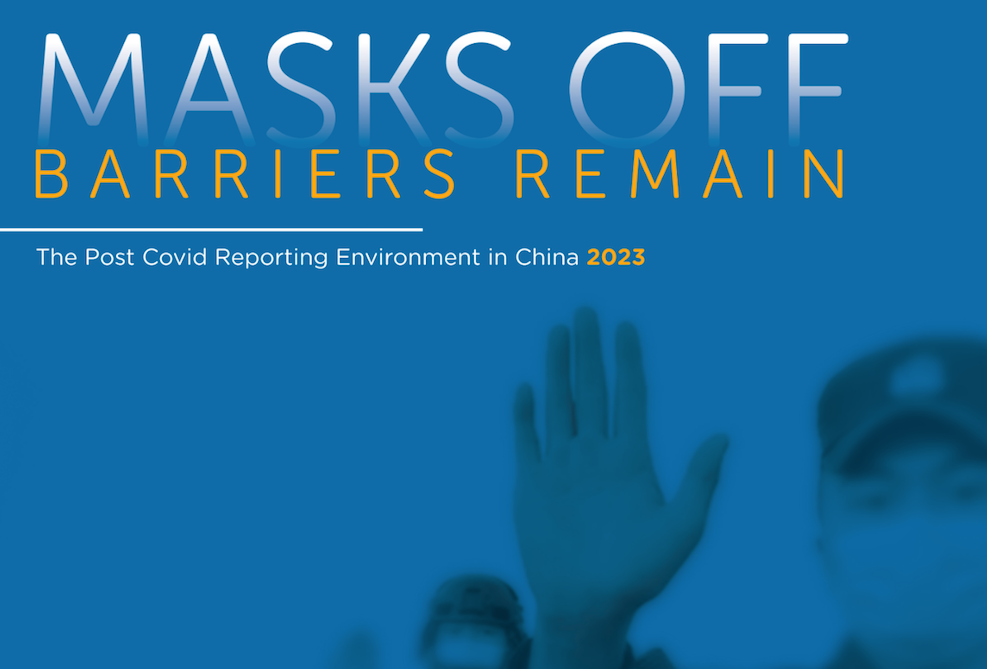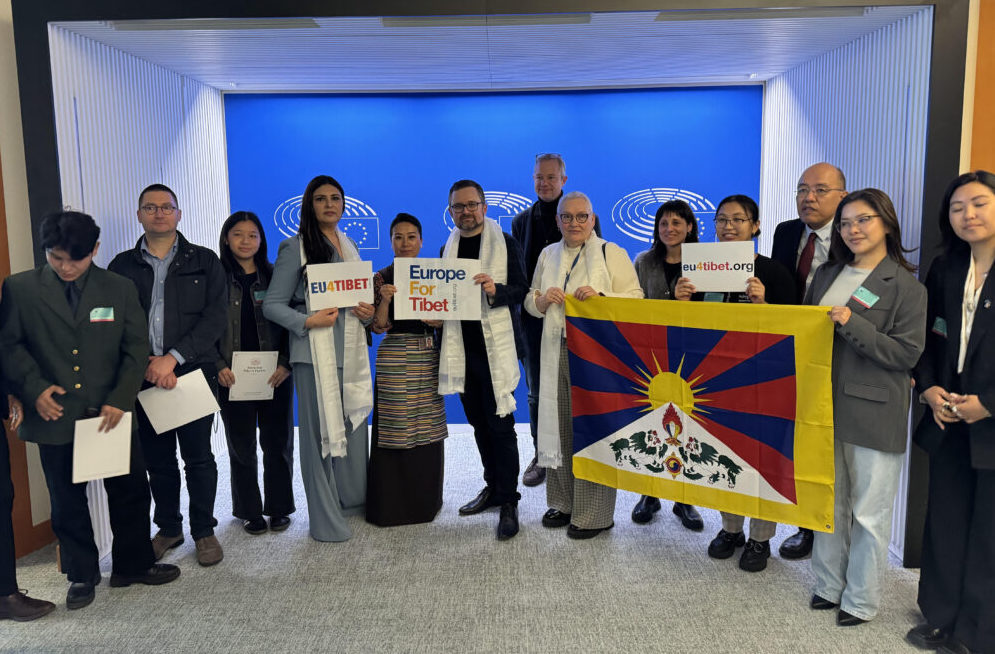 DHARAMSHALA, May 21: Taiwan President Ma Ying-jeou began his second term in office on Sunday calling upon Beijing to improve its human rights record, treat dissidents fairly and open up its political process to greater popular participation.
DHARAMSHALA, May 21: Taiwan President Ma Ying-jeou began his second term in office on Sunday calling upon Beijing to improve its human rights record, treat dissidents fairly and open up its political process to greater popular participation.
Ma, who won re-election by a slim margin in January, said he had always taken up issues related to human rights with Beijing be it after the Tiananmen Square massacre in 1989 or the recent cases related to Nobel Peace Laureate Liu Xiaobo or artist Ai Weiwei.
Steady improvement in human rights and the rule of law would contribute to further reducing the “the feeling of otherness between people on the two sides of the Taiwan Straits,” Ma was quoted as saying during his inaugural address.
The Taiwanese president, who was first elected in 2008 on pledges to ease tension with rising military power China, said there should be more opportunities for dialogue between the two countries focusing on democracy, human rights, and rule of law.
The 61-year-old president said he was in no hurry to sign a formal peace accord with Beijing without popular support.
“Our cross-strait policy must maintain the status quo of ‘no unification, no independence and no use of force,'” Ma said.
He reaffirmed his support for the so-called 1992 Consensus, an informal agreement reached by representatives of the sides accepting that there is only one China — and not one China, and one Taiwan, which is the stance of many in Taiwan’s pro-independence opposition. But Ma enunciated his position in a way apparently calculated to leave hard-liners in Beijing disappointed.
“When we speak of one China, naturally it is the Republic of China,” he said.
The Republic of China is the exiled government that Nationalist icon Chiang Kai-shek brought with him to Taiwan in 1949, when Mao Zedong’s Communist forces prevailed in the Chinese civil war.
Communist China has claimed sovereignty over self-ruled Taiwan and has not ruled out the use of military force to maintain that sovereignty.
Ma won re-election in January largely by assuring voters that he would safeguard their hard-won democratic freedoms, while simultaneously moving forward with his signature policy of tying Taiwan’s high-tech economy ever closer to China’s lucrative markets.
Earlier this year, Tsai Ing-wen, leader of Taiwan’s largest opposition party, had expressed concerns over the situation in Tibet and called on President Ma to voice his concerns to Beijing.









